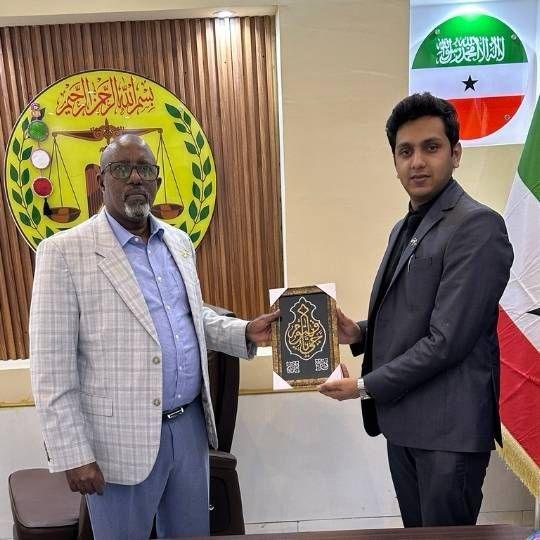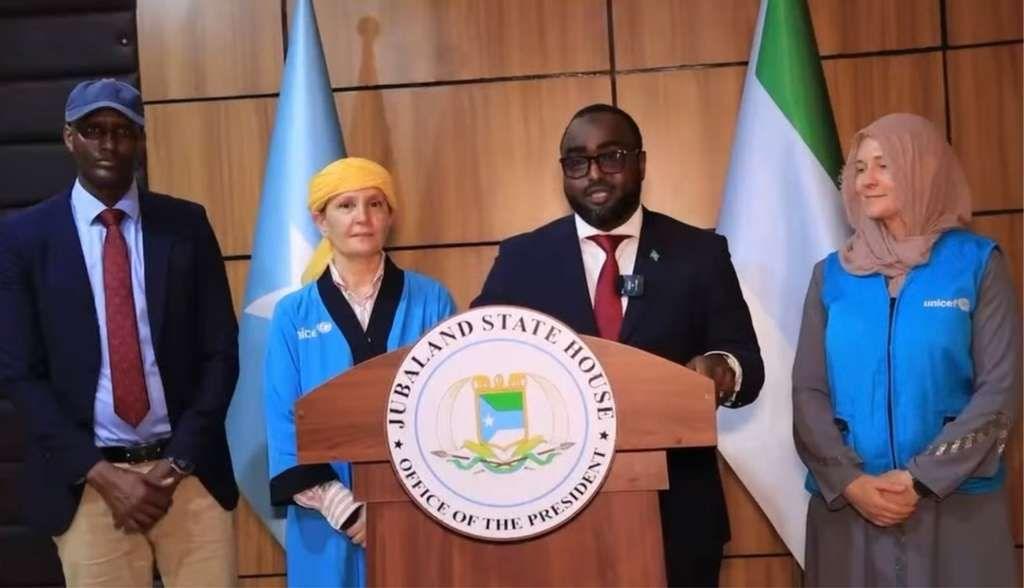By Aisha Kamara (Niger)
As someone who grew up in the heart of Niger, I’ve personally seen how the water crisis affects our communities. It’s not just an issue on paper—it’s a daily struggle that millions of African families face, and its impact is devastating. Unsafe drinking water and lack of sanitation aren’t just public health challenges; they are threats to our lives, our children’s futures, and our continent’s hope for development.
From the bustling streets of Freetown to remote villages, accessing safe drinking water is often a daily ordeal. Many communities rely on rivers and streams, which, unfortunately, are often contaminated. As a result, preventable diseases like cholera and dysentery run rampant, claiming the lives of too many, especially our vulnerable children.
In recent years, I’ve witnessed numerous outbreaks of these deadly diseases across Africa. Healthcare systems—already strained—are pushed to their limits, and families are forced to watch helplessly as loved ones fall ill. It’s a heartbreaking reality that no one should endure, especially not when solutions exist.
There are deep-rooted reasons for this crisis. Climate change is playing havoc with traditional water sources, making droughts more severe and unpredictable. Meanwhile, rapid population growth means more mouths to feed and more water needed, yet our infrastructures remain outdated and overstretched.
But there’s another layer to this issue—poor governance and resource management. Too often, corruption and misallocation prevent much-needed water improvements, leaving rural communities particularly underserved. It’s a bitter pill to swallow knowing that while urban areas may see some development, countless others are left behind, struggling in silence.
Amidst these challenges, there are sparks of hope. Innovative solutions are bubbling up across Africa, showing us what’s possible. Solar-powered water purification systems are one such ray of light. Using the endless African sunshine, these technologies bring clean water to even the most remote areas. Projects in rural Kenya, for example, demonstrate that sustainable solutions are within our grasp.
Local communities are also taking the reins to manage their water resources. In Ghana, for instance, community committees are stepping up to oversee water systems, ensuring they meet local needs effectively and transparently. Such grassroots efforts show the power of community involvement, driving change from the ground up.
However, innovation and local action aren’t enough on their own. Our governments and international partners need to step up with serious investments in water infrastructure. We need policies that ensure everyone, regardless of where they live, can access clean water and proper sanitation.
Education is an equally powerful tool. By raising awareness about the importance of clean water and hygiene, we can encourage changes that make a real difference. Schools can play a key role by educating our children about these critical issues, empowering the next generation to demand better solutions.
In tackling Africa’s water crisis, we must unite. Governments, international groups, communities, and every African must work together. Our leaders need to show true commitment to managing water resources with integrity and transparency. Meanwhile, international donors should prioritize sustainable projects that have lasting impacts.
We’re at a crucial point. This public health catastrophe needs immediate action. The solutions are out there—we just need the will to implement them. Let’s turn this crisis into an opportunity to build a healthier, more hope-filled future for all Africans. Together, we can rise to the challenge and make clean water a reality for everyone on our continent. Now is the time to make that change, because waiting is no longer an option.
https://theadvocatepost.org/blog/2024/02/11/living-conditions-of-malian-refugees-in-the-town-of-ayorou-niger/




This Post Has 3 Comments
It is remarkable, it is the valuable information
I am final, I am sorry, but, in my opinion, there is other way of the decision of a question.
Let’s talk.